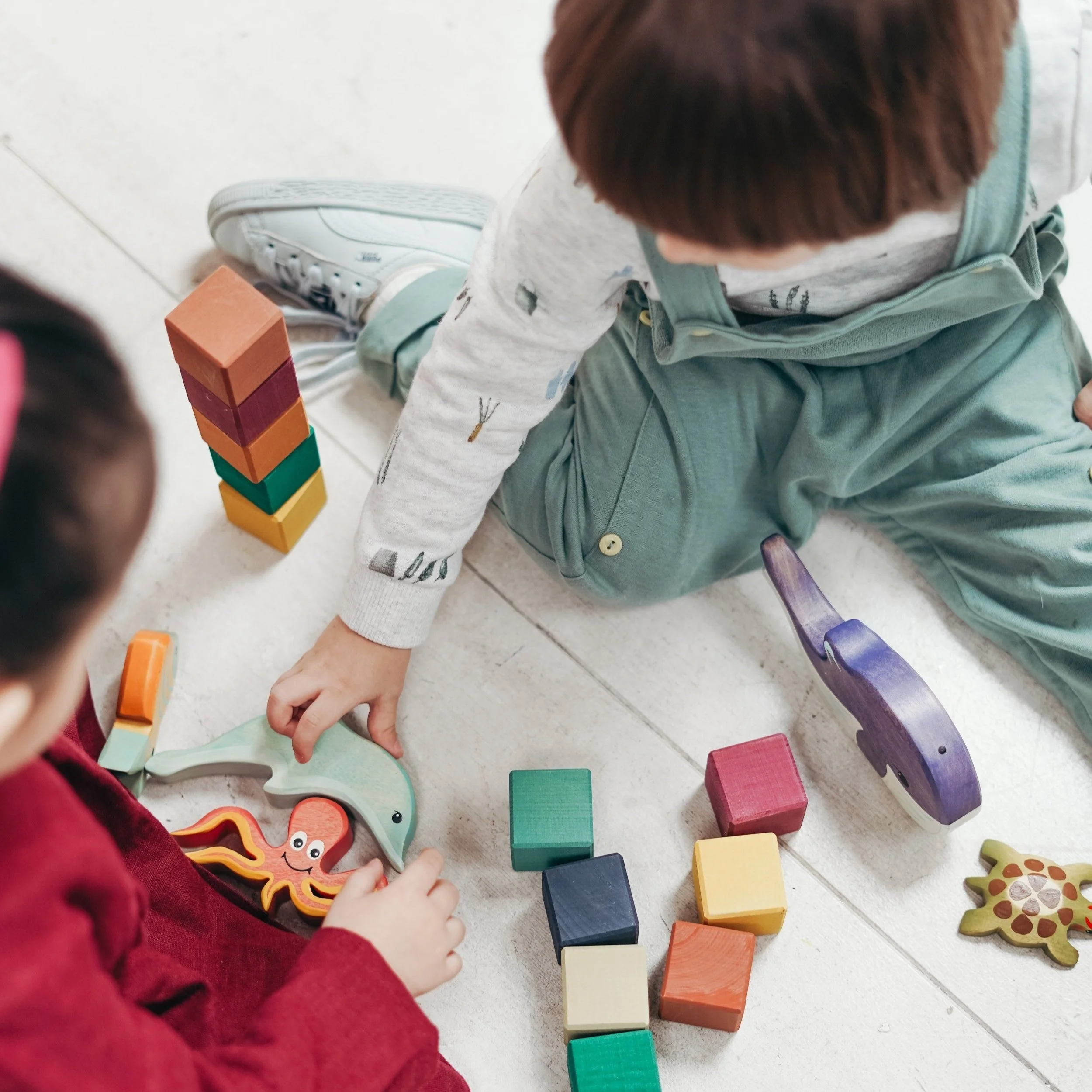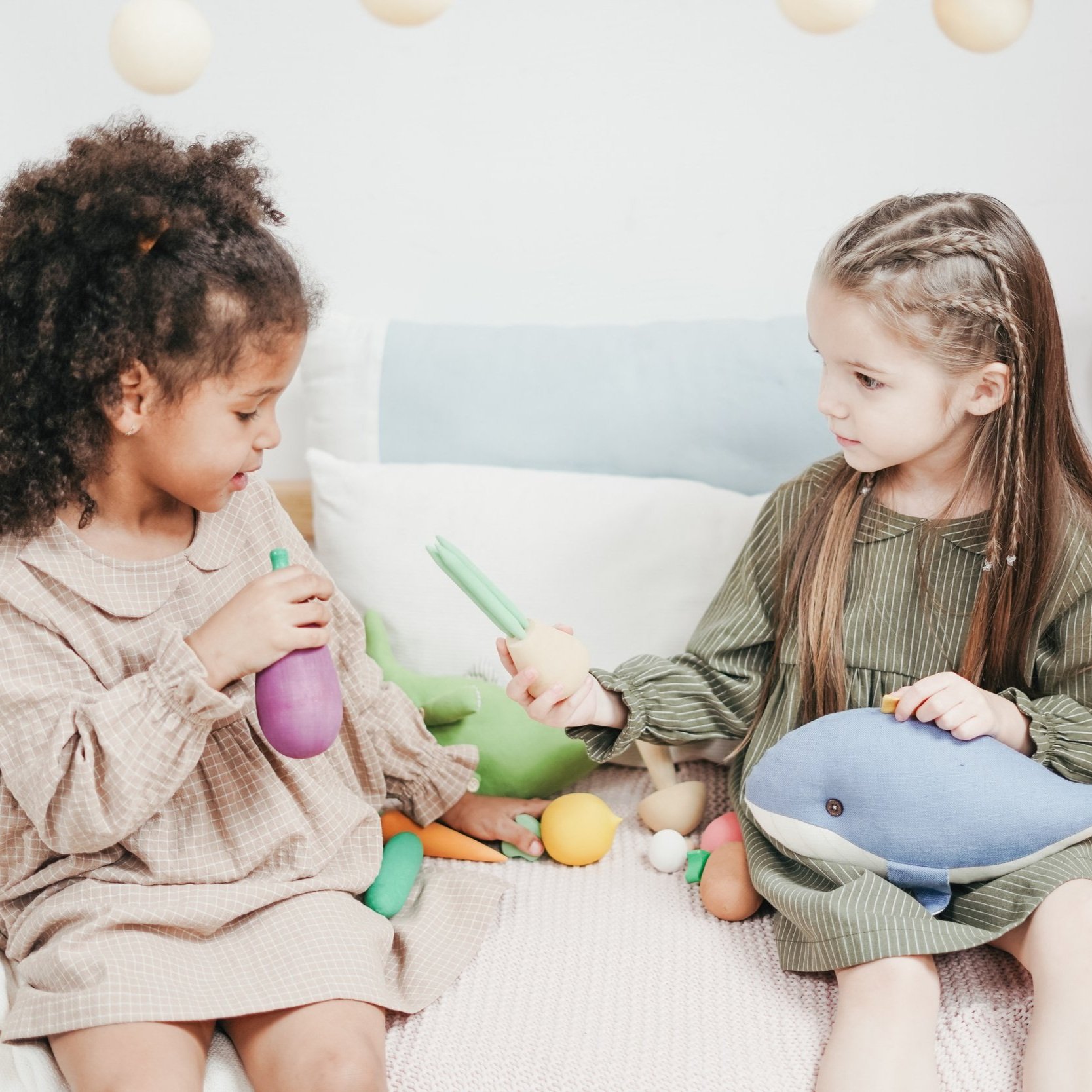Our Curriculum
Curriculum at Vinehouse includes the child-initiated and teacher-directed activities and experiences offered to young children that support and enrich their physical, emotional, social, and cognitive development. Vinehouse uses The Creative Curriculum by Teaching Strategies as guides for planning the curriculum in each of its program rooms.
Lesson Plans
Each classroom has weekly lesson plans, posted in the classroom. These plans contain a number of activities, designed to foster each child’s development, and the development of the group as a whole. Lesson plans should be changed in order to accommodate the children’s changing interests.
Atmosphere
Each classroom is set-up in centers, which include blocks, dramatic play, books, gross motor, fine motor, and art. Outdoor play is important to a child’s physical development and must be included in both the morning and afternoon schedule. Self- selection or “free-play” is a daily part of the curriculum and means a child has the opportunity to choose which center or activity he/she participates in. This promotes creative expression and development of important social skills.
Creative Curriculum
Ages 6 weeks to 60 months
Science, Technology, Engineering, Arts, and Math (S.T.E.A.M.)
S.T.E.A.M.
Ages 6 weeks to 60 months
Science, Technology, Engineering, Arts, and Math (S.T.E.A.M.)
Teaching Strategies help early childhood educators by connecting teachers, children, and families to inspired teaching and learning experiences, informative data, and stronger partnerships through the leading early learning platform and solutions.
The Creative Curriculum for Infants, Toddlers, and Twos
Teaching Strategies create meaningful interactions that help young children learn to regulate their emotions and behaviors, participate in a group, develop relationships with people in their lives, and have confidence in their own learning.
The Creative Curriculum for Preschool
Teaching Strategies create meaningful interactions that help young children learn to regulate their emotions and behaviors, participate in a group, develop relationships with people in their lives, and have confidence in their own learning.








